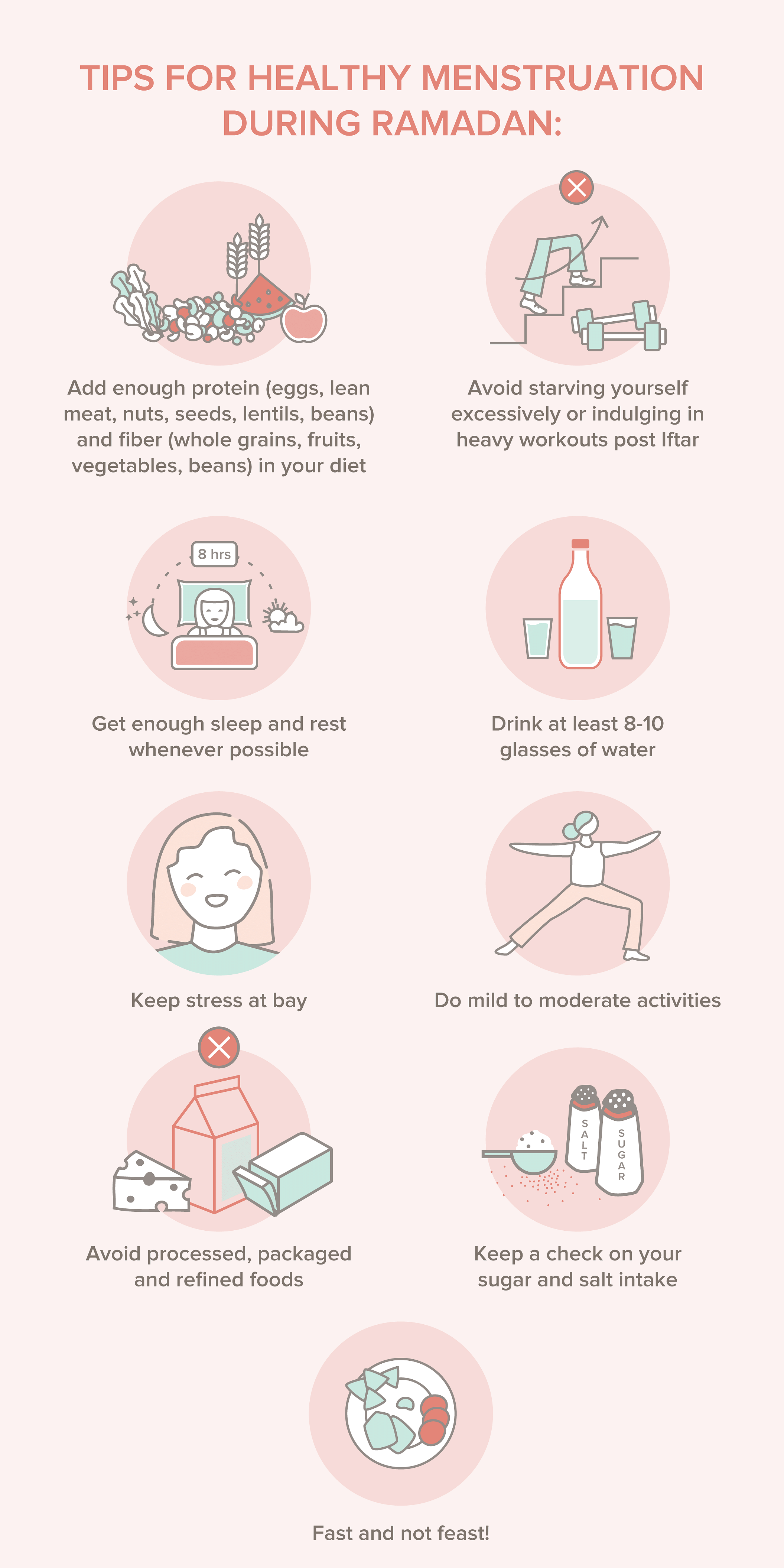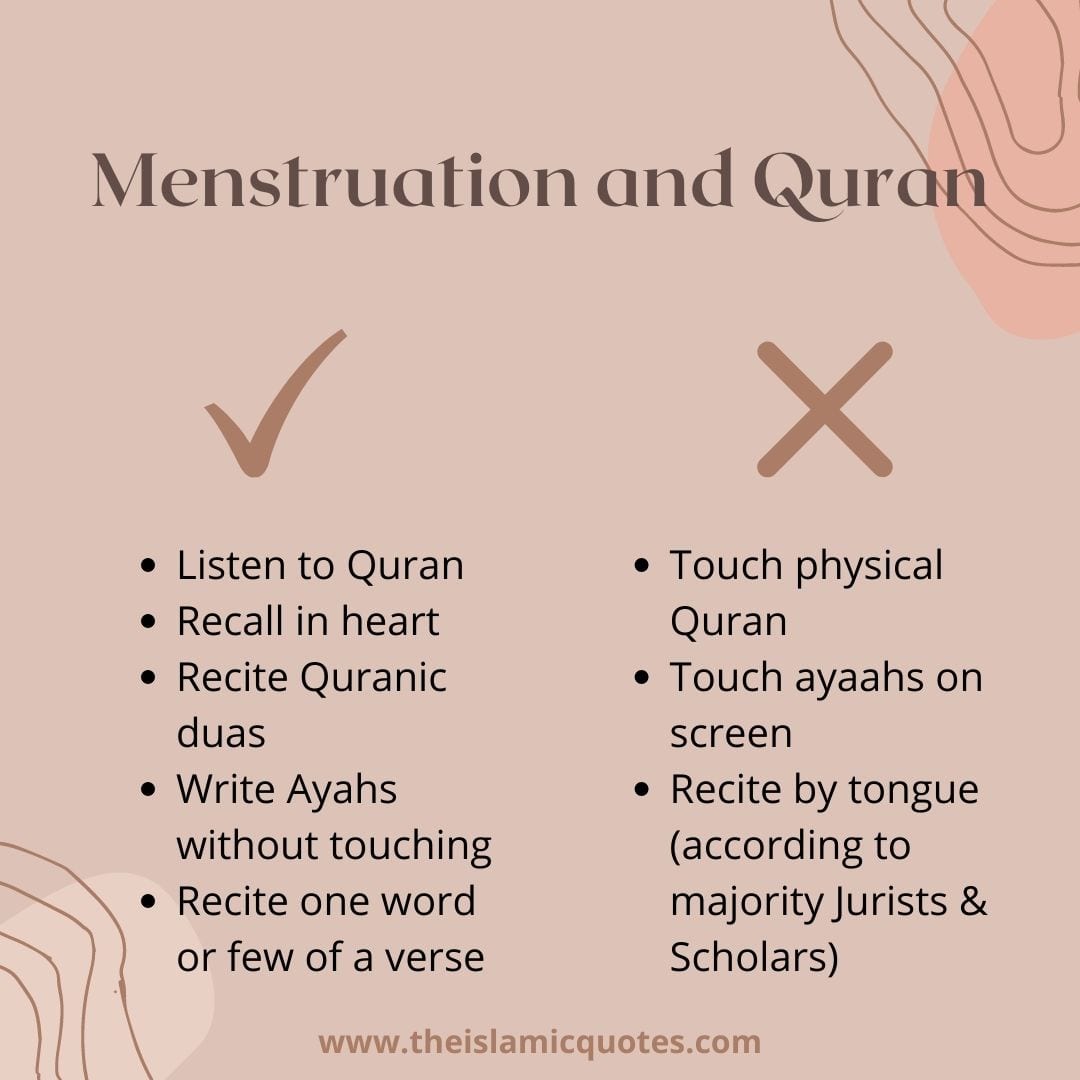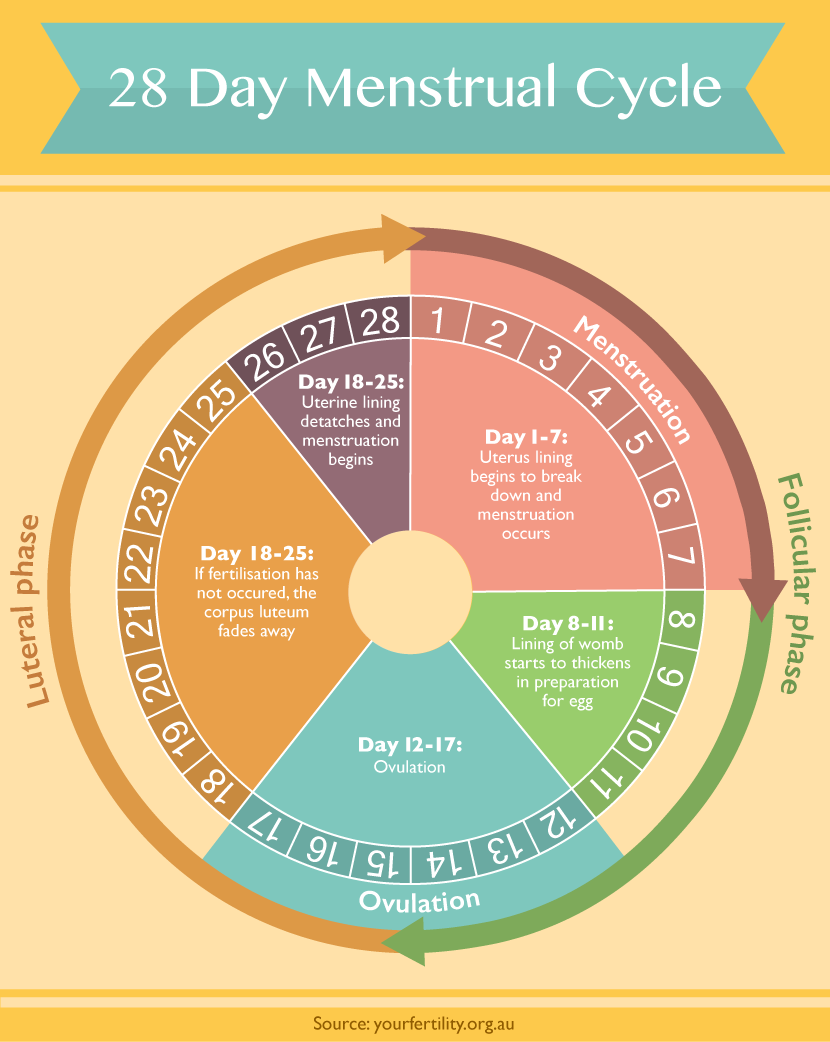Gallery
Photos from events, contest for the best costume, videos from master classes.
 |  |
 |  |
 |  |
 |  |
 |  |
 |  |
The general ruling is that a woman is not permitted to fast any type of fast while she is in a state of menstruation (hayd) or lochia (nifas). The remainder of this article will discuss the following rulings: The fasting time starts from the entrance of Fajr and it ends at the entering of Maghrib. In a nutshell: During menstruation, fasting is not permissible, and any fast observed while menstruating is considered invalid. Similarly, if one begins menstruating during the day, fasting must be discontinued immediately. It’s imperative to make up for missed fasts after Ramadan. The scholars unanimously agreed that it is forbidden for a menstruating woman to fast, and that she has to make up the days that she misses because of menstruation if that was an obligatory fast, as in Ramadan. Answer: Even during Ramadan, it is not permissible to fast when you are on your period. However, if you experience heavy bleeding or extreme weakness due to your period, you can even break your fast and make up for it later. When Menstruation Starts During Ramadan: The timing of menstruation affects the validity of a woman’s fast. Here’s what you need to know: If Menstruation Starts Before Sunset: If a woman begins menstruating during the fasting day (before sunset), her fast is invalidated, and she must make up the day. If Menstruation Starts After Sunset: If her menstruation starts in Ramadan during the fasting time – meaning any time from the entrance of Fajr to the entrance of Maghrib – then her fast is vitiated and it does not count. She must stop fasting, and she is sinful if she intends to continue to fast for this day in Ramadan. This is based on scholarly consensus. The reason is that menstruation is a natural state that exempts women from fasting and prayer during its duration. For example, if you fast all day and your period starts 10 minutes before sunset, your fast is no longer valid. You’ll need to make up that day after Ramadan. Evidence Muslim women are exempt from fasting when they are menstruating, and women who begin the day with fasting are required to break their fast if their menstruation begins during fasting hours. Here If her menstruation stops after the imsak (the time when prohibition on eating and drinking starts) time in Ramadan, she acts like a fasting person. If her menstruation begins after the imsak time, she eats and drinks secretly on that day. Good to know: there’s of course a big chance you need to break your fasting routine during Ramadan because of your menstruation. Ramadan lasts 29 to 30 days whereas the average menstrual cycle lasts 28 days, of which you spend about 5 being on your period. Ramadan, the ninth month of the Islamic lunar calendar, is a period of fasting, prayer, and reflection observed by Muslims worldwide. In 2025, Ramadan is expected to commence on the evening of Friday, February 28, and conclude on the evening of Sunday, March 30. What Are Ramadan Fasting Times for 2025? Depending on the location and local prayer times, the precise times for Ramadan fasting in the US will change. Here is an example of the fasting schedules for key American cities for the start of Ramadan in 2025, though. For the most precise information, confirm with local sources as these times are The fact that women are not allowed to fast during their period is actually a sign of Allah SWT's mercy towards them. This is because the loss of blood during the period weakens a woman. So, if she were to fast while being on period, both the loss of blood and the fast would weaken her, which would be an unfair burden and could lead to health Ramadan, in Islam, the ninth month of the Muslim calendar and the holy month of fasting. It begins and ends with the appearance of the crescent moon. Islamic tradition states that it was during Ramadan that the Prophet Muhammad received the first revelations of the Quran. Things That Will Break Your Fast During Ramadan. Fasting during Ramadan is a significant spiritual act in Islam, and it involves abstaining from various actions that can invalidate the fast. These actions range from consuming food or drink to engaging in certain behaviors or activities that undermine the fast’s purity. According to a hadith, observing the Ramadan fast is forbidden for menstruating women. Other individuals for whom it is usually considered acceptable not to fast are those in battle, and travellers who either intend to spend more than five days away from home or travel more than 50 miles. [ 6 ] The reason fasting six days of Shawwal after Ramadan is like fasting for a year is because Allah multiplies good deeds by ten. The Prophet clarified in another narration, “Fasting the month of Ramadan is like ten months of fasting and fasting six days of Shawwal is like two months of fasting. Thus, they are like fasting for a year.” One of the fasting rules during ramadan for women is that if a woman starts her period or experiences postnatal bleeding, her fast is broken and she must make it up later. 5. Intentional Ejaculation To evaluate the effect of the duration of the fast on the menstrual pattern, it was seen that during 13 participates who fast less than 15 days, abnormal menstruation was 0%, 22.1% and 7.7% before, during and after Ramadan, respectively. Over 1 billion Muslims worldwide will soon start fasting during daylight hours for the holy month of Ramadan 2025 Ramadan is Islam’s sacred month of fasting, dedicated to self-reflection, prayer, supporting the needy, seeking forgiveness, among other good acts Legit.ng highlights what people need
Articles and news, personal stories, interviews with experts.
Photos from events, contest for the best costume, videos from master classes.
 |  |
 |  |
 |  |
 |  |
 |  |
 |  |